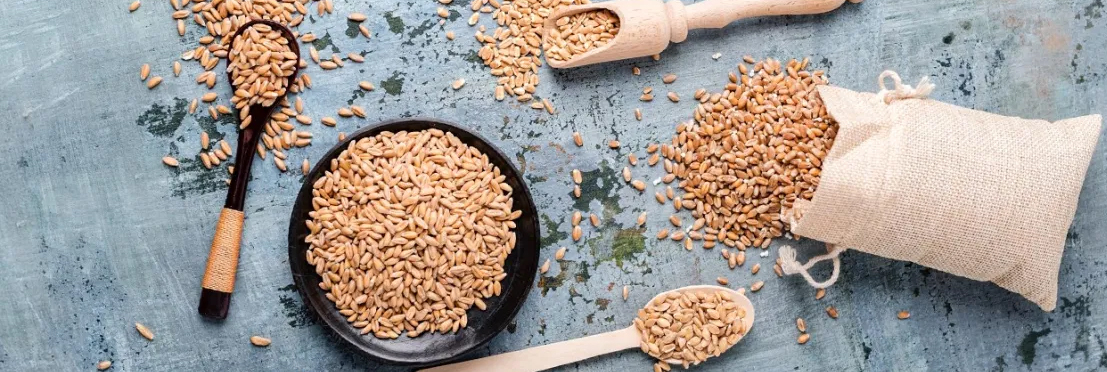3 years ago
grains, healthcare, kids
There are many nutrients found in whole-grains which are essential for your child’s health:
Thiamin: A B-vitamin which is involved in releasing energy from food and is vital for a healthy nervous system. Cereals and cereal products are the main sources of thiamin in the diet of UK adults.
Riboflavin: A B-vitamin which aids the release of energy from food.
Niacin: A B-vitamin which helps to release energy from food and is vital for a healthy nervous system.
Vitamin E: A powerful antioxidant, which helps to protect fats from damage by free radicals.
Potassium: A mineral which helps to regulate fluid and electrolyte balance. It is also needed for the successful transmission of nerve impulses.
Iron: A mineral essential for making haemoglobin, the red pigment in the blood, which carries oxygen around the body.
Magnesium: A mineral essential to maintain healthy bones, releasing energy from food and also ensuring muscle and nerve function.
Zinc: A mineral essential for growth, reproduction and immunity.
Selenium: Selenium is incorporated into proteins to make selenoproteins, which is the antioxidant which helps protect cells from damage by free radicals.
Trace elements: The minerals copper, chromium, manganese, molybdenum, selenium and iodine are known as trace elements. While they are needed to ensure good health, the body only needs small amounts.
Carbohydrate: Wholegrain cereals are a great source of carbohydrates which is the most essential source of energy in the diet. The body digests and metabolises all carbohydrates into glucose (blood sugar) which is needed in order for the brain, nervous system, muscles and other body parts to function correctly.
Protein: Protein is needed in order to perform vital structural functions in the body. Protein is found in muscle, bone, cartilage, tendons, ligaments, skin and hair. The body needs protein for growth and development and is constantly involved in rebuilding, repairing and maintaining vital tissues. Proteins are also involved in the normal functioning of the body. For example insulin, the hormone needed to control blood sugar, is a protein.
Fat: Fat is an essential nutrient and also an important source of energy. However many people consume excessive amounts of it and, though it must not be excluded from the diet, intakes should be controlled. Fats are a minute part of whole wheat and fibre. Fibre speeds up the passage of waste material through the digestive system.
Published by
mammypages
Rate the article
0 Vote
HAPPY

INDIFFERENT

AMMUSED

EXICTED

ANGRY

SAD
Comments (0)

mammypages.com is not a Doctor or a specialist and this site gives only general information's, therefore if you feel any sort of discomfort or illness please consult your Doctor immediately for assistance